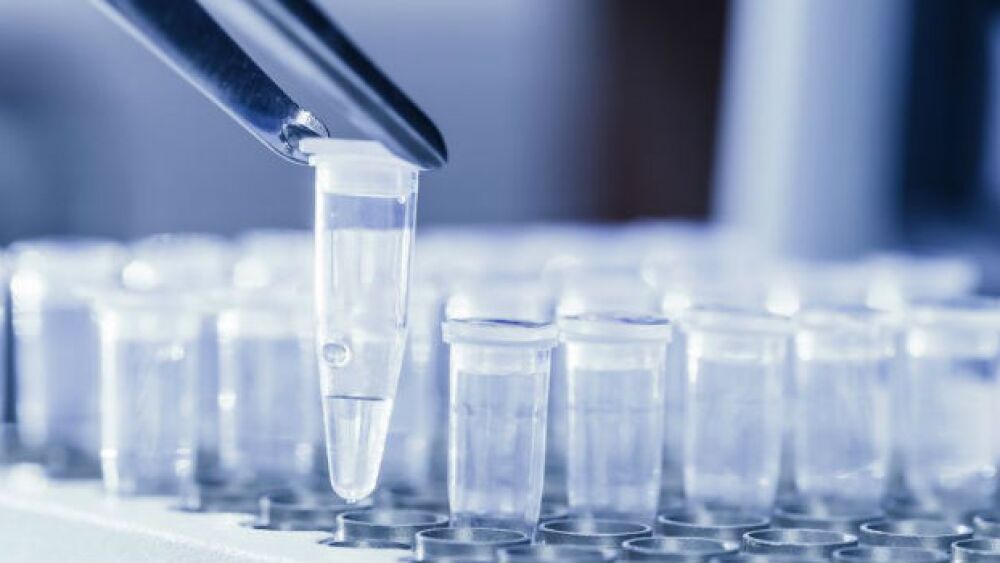The $40 billion market for nonalcoholic steatohepatitis (NASH) is becoming a little more crowded. Less than one year after launching Terns Pharmaceuticals acquired exclusive licensing rights to three small molecule therapeutic NASH candidates from Eli Lilly.
The $40 billion market for nonalcoholic steatohepatitis (NASH) is becoming a little more crowded. Less than one year after launching Terns Pharmaceuticals acquired exclusive licensing rights to three small molecule therapeutic NASH candidates from Eli Lilly.
Terns, which has offices in California and China, launched in April 2017 with $30 million in support from Lilly Asia Ventures. The company, which is helmed by a number of former Gilead Sciences executives, said it intends to focus initial development activities on regulatory approval in China and then explore clinical development in additional global markets.
Today’s deal with Eli Lilly includes a clinical stage farnesoid X receptor (FXR) agonist, TERN-101. Tern-101 is already in Phase I testing in Europe and in preclinical testing in China, according to the company’s website. Included in the deal is a semicarbazide-sensitive amine oxidase (SSAO) inhibitor, dubbed TERN-201. That candidate is nearing IND submission. The other asset in the deal is a preclinical candidate that inhibits an undisclosed, well-validated NASH target, the company said.
Terns President and Chief Executive Officer Weidong Zhong said the agreement with Eli Lilly “perfectly fits” the company’s strategy of bringing innovative therapeutics to underserved patients globally.
“The addition of these candidates to our current portfolio of discovery projects provides Terns with a fully integrated preclinical and clinical pipeline of products targeting both NASH and cancer. This also positions us well to investigate combination therapies early during clinical development to identify the best treatment regimens for NASH,” Zhong, the former head of antiviral research at Novartis Institutes for BioMedical Research, said in a statement.
Ruth Gimeno, vice president of diabetes research and clinical investigation at Lilly, said the work Terns is conducting on liver disease in China will complement the Indianapolis-based company’s internal research efforts. Terns’ work, she added, “will be critical as these potential medicines are further developed in China and around the world.”
Terns has picked the right time to dive into the white-hot NASH market. The prevalence of NASH, a severe form of non-alcoholic fatty liver disease (NAFLD), is increasing worldwide in part due to the increase of obesity and diabetes diagnoses. In the United States NASH affects 2 to 5 percent of people. In China, it is estimated that 15 percent of the adult population has NAFLD and of those, about 20 percent will develop NASH. There are currently no specific treatments aside from weight loss, increased physical activity and avoiding alcohol and unnecessary medications. NASH is projected to become the leading indication for liver transplant by 2020.
A white-hot market though, means there are numerous players involved. Companies like Takeda Pharmaceuticals, Allergan and Gilead Sciences have all invested heavily into the space. Allergan went on a buying spree to acquire multiple NASH developmental products through deals with companies like Akarna Therapeutics, Ltd. and Tobira Therapeutics.





